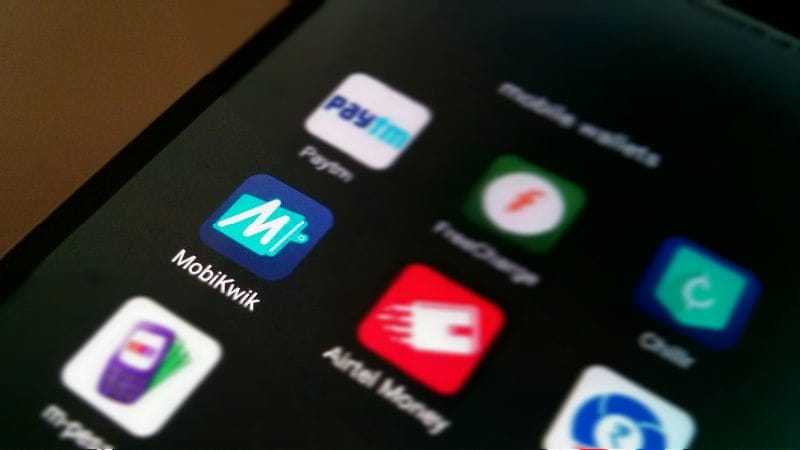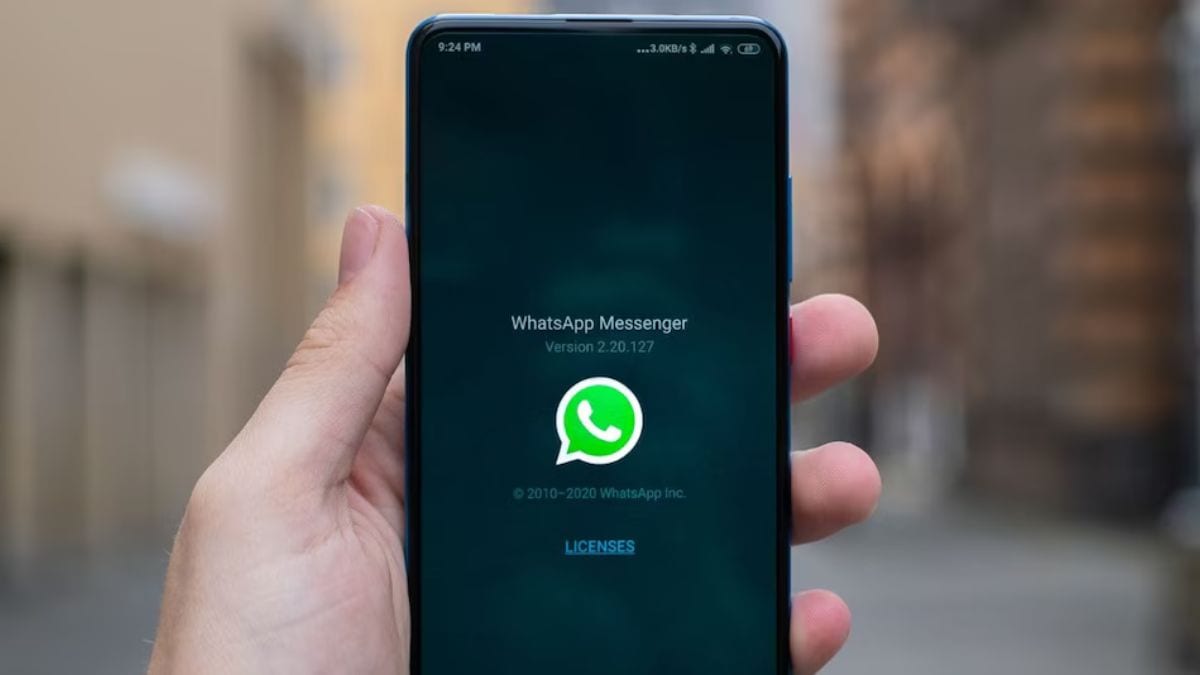Ways to safely use Paytm, Mobikwik and Freecharge and other mobile wallets

But once you download the app, how do you ensure it is safe? Most banking apps are secure and use strong encryption technology. There are many other ways you can protect your financial app from hacking and make it more secure. Learn six ways you can secure your mobile banking and wallet app.
1) Have a lock screen code on your phone
It is important to set a lock screen code on your phone for not only your digital wallet but for all the data stored on your phone. By doing this, even if your smartphone gets stolen, it will be very difficult for the thief to access your data including your mobile banking and wallet apps. Now even affordable handsets come with fingerprint sensors, so having a lock screen code will make the security even stronger. In phones without fingerprint sensors, make sure you use a passcode or pattern lock to keep the device and data secure. If you use a passcode, make sure you do not share it with anyone else or use it anywhere else.
2) Use an app locker
There are many apps available on Google Play that allow you to set passcodes for other apps. This means that you have to type in a password to access a locked app. Now the question is, why is there a need to do this? Let us tell you, suppose you need to give your phone to another person to make a call or for some other work. Then you will have to give your phone unlocked, no matter how trustworthy that person is. But still, do you trust all your friends in matters of money transactions and accessing mobile wallets?
By having an app locker, you can give your smartphone to anyone. That means you will not have to worry about your important information being stolen. Because you have locked apps like banking apps and mail. Some popular app locker apps are as follows CM Locker And App Lock Both of these have received good reviews on Google Play.
Apart from this, if you do not want to use third party apps, then go to the settings of your phone and turn on the guest mode. This option can be enabled when you give the phone to someone else.
3) Track your notifications
The bank sends you alerts via SMS and email whenever a transaction is made from your account. It is important to track these notifications so that you know if someone else accesses your accounts digitally or in any other way. Apps like Money View and Walnut can access the bank’s SMS alerts and keep a record of the transactions made from your account.
If you have registered a secondary email ID for your NetBanking account to ignore spam, set it up to forward notifications to your primary email. Otherwise, delaying a notification alerting you of abuse could backfire.
4) Do not use jailbroken/rooted phones and apps from unknown sources
Do not use a jailbroken iPhone or rooted Android smartphone for mobile banking apps and mobile wallets. When you jailbreak or root a smartphone, the security built into the core OS by Google and Apple to protect the phone from malware and hackers is removed. This makes it easier to hack financial data from the device.
Similarly, if you are installing an app on Android whose source is not known and you do not even know its reliability. In such a case, Google Play Store and app Store It is a safe way.
5) Avoid third-party keyboards
Third party keyboards are great for many things. But you don’t know what data is stored by these keyboards. These keyboards have access to all your inputs. That is why third party keyboards are a bit unsafe for banking apps and mobile apps. Because your passwords and codes are also visible to these keyboards. Use keyboards like Swiftkey The companies say That they do not store any kind of personal data but these are still under question. To avoid any kind of danger, use the default keyboard while using sensitive apps.
6) Never use mobile wallet and banking apps on public Wi-Fi
Public Wi-Fi is usually not encrypted and this increases the risk of hacking. Using public Wi-Fi can expose the information you access on your device, including mobile payment apps. Avoid public Wi-Fi especially if you have important personal information or financial apps on your device.
